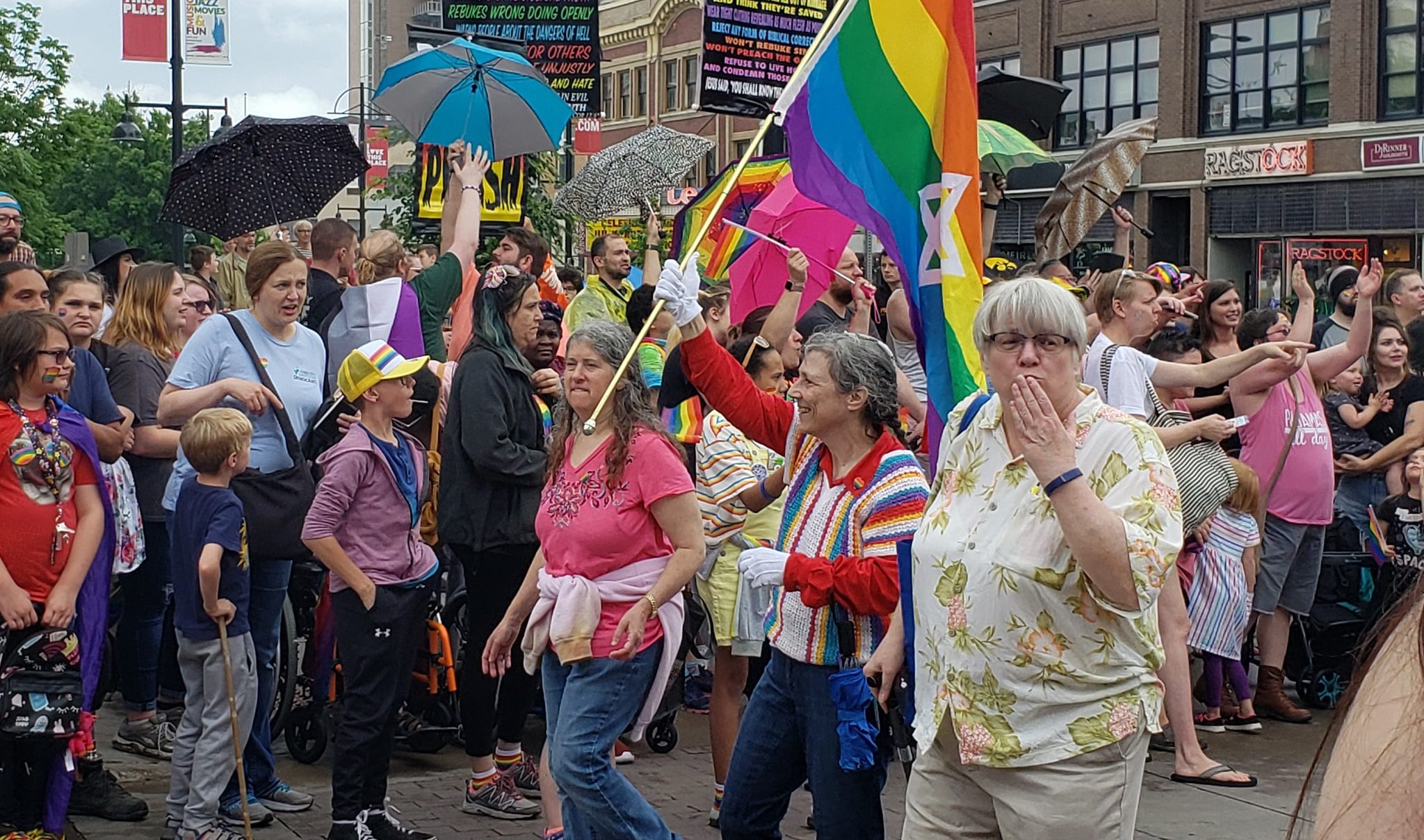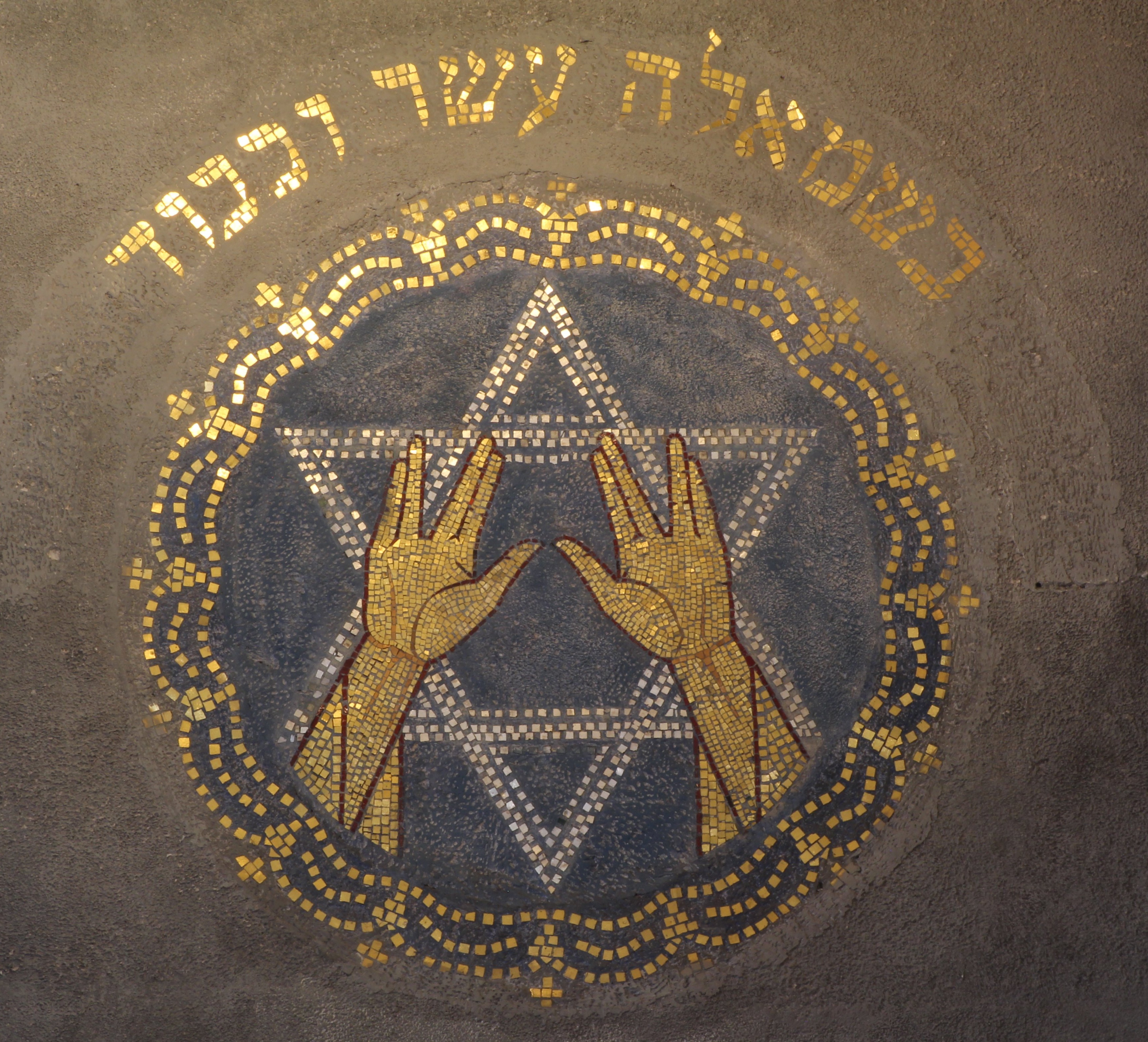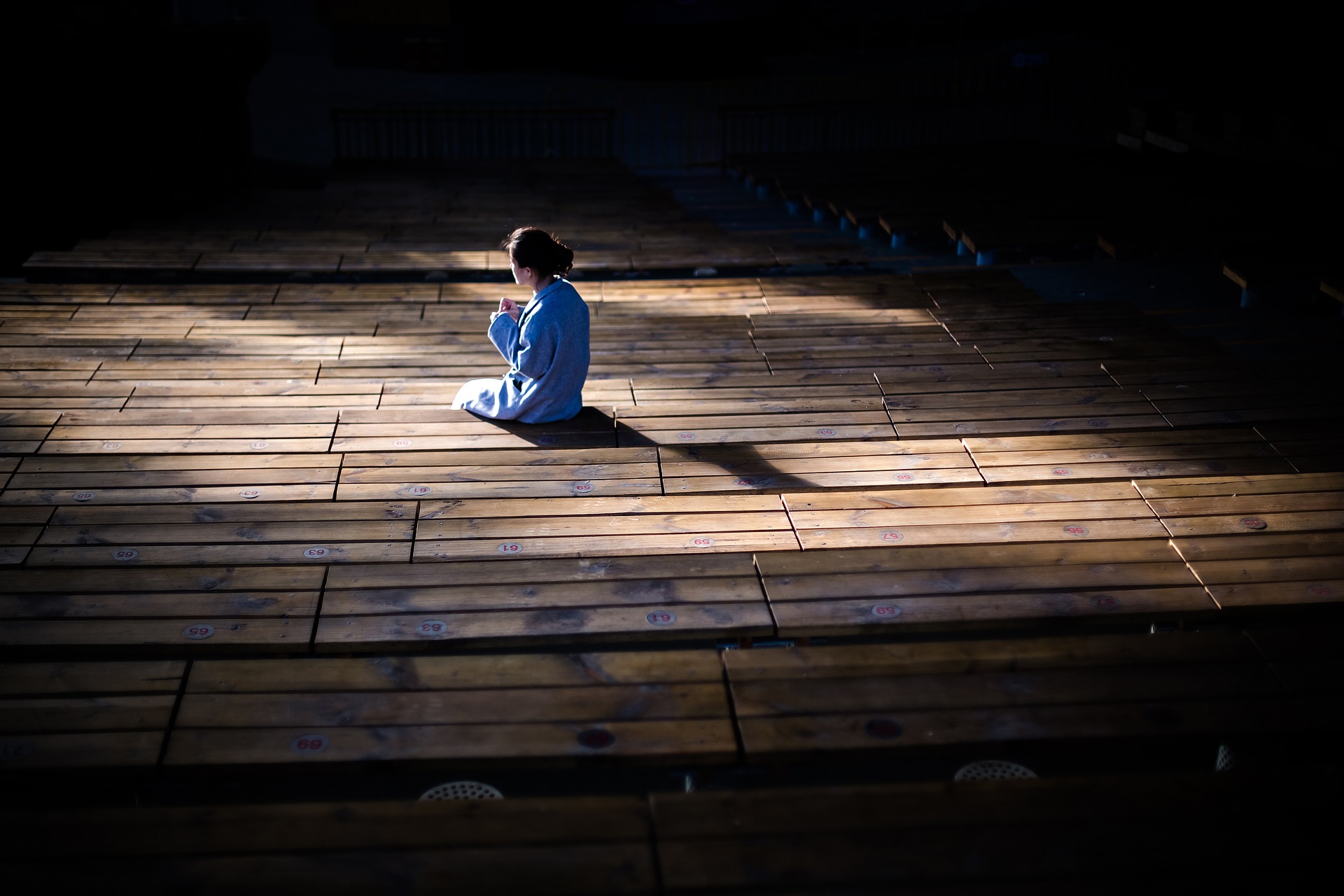Sermons
Rabbi Esther Hugenholtz’s sermons connect Jewish tradition with the real questions we face today. Her teachings offer gentle insight, spiritual grounding, and a thoughtful moral voice. We hope these reflections bring perspective, meaning, and encouragement to your own journey.

Salt and Ice
My oldest and I have had several philosophical conversations on the nature of ‘truth’: he asks me whether fairytales are real, and I have responded to him that things may not be real – as in factual and empirical – but can still be true – as in the values they hold and the ideas they drive.

The Moral High Ground
What does it mean for us to map the ‘terrain of the soul’? What can we learn from these symbolic geographies of Canaan and Sodom?

The Embodied Experience
This is the last sermon I will give before I cycle off for my maternity leave and so I’m taking my chance by making it a little more personal and I hope you will forgive me for doing so.

Healing Trust
There’s a healthy amount of trepidation I feel as a Rabbi preaching a sermon on medical issues in a congregation with plenty of doctors. So this is my obligatory disclaimer: I am not a doctor. Any advice dispensed from the bimah is not valid medical advice. This is where my rabbinic authority ends.

Coming Out of our Wilderness and Entering Our Promised Land
When the Torah tells us to ‘sh’lach l’cha’ or ‘lech l’cha’, to send from ourselves or go into ourselves, as in the case of Abraham’s calling, we know that something transformational is about to happen.

Relishing the Road Ahead
Over the years, I’ve grown fonder of Numbers. Called ‘Bamidbar’ or ‘in the wilderness’ in Hebrew, there is something untamed about its stories. This is the book in which the Israelites become unhinged. Complaint follows complaint, rebellion follows rebellion. It’s a brilliant study of human nature and group dynamics. In Parashat Beha’a lot’cha, we are starting to see the cracks.

Vessels of Blessing
I remember that first Shabbat after my first child was born. Cradling my newborn, I had lit an extra candle for Shabbat, as per a custom to light an extra light for each child one brings into a family. Now it was time to bless him. Overwhelmed with everything that young parents confront, I now realized that I had the Shechinah dancing on my finger tips as my husband and I rested our hands on our baby’s soft head and uttered the ancient words from this week’s Torah portion.


Singling Out Women
I am still processing – and I’m sure many of us are – the outcomes of the Alabama and Missouri votes curtailing women’s reproductive freedom. What I want to do is to look beyond the legal mechanisms restricting reproductive healthcare and gaze into the heart of Patriarchy.

The Holiness of Moral Imagination
As I was on the phone with one of my rabbinic mentors the other day debriefing the Poway shooting, I cried. I was processing my complex feelings about the current timeframe we find ourselves in, where I feel pulled between determined, militant hope and a life-sapping despair. ‘You look tired’, she said, and I knew she was right.
